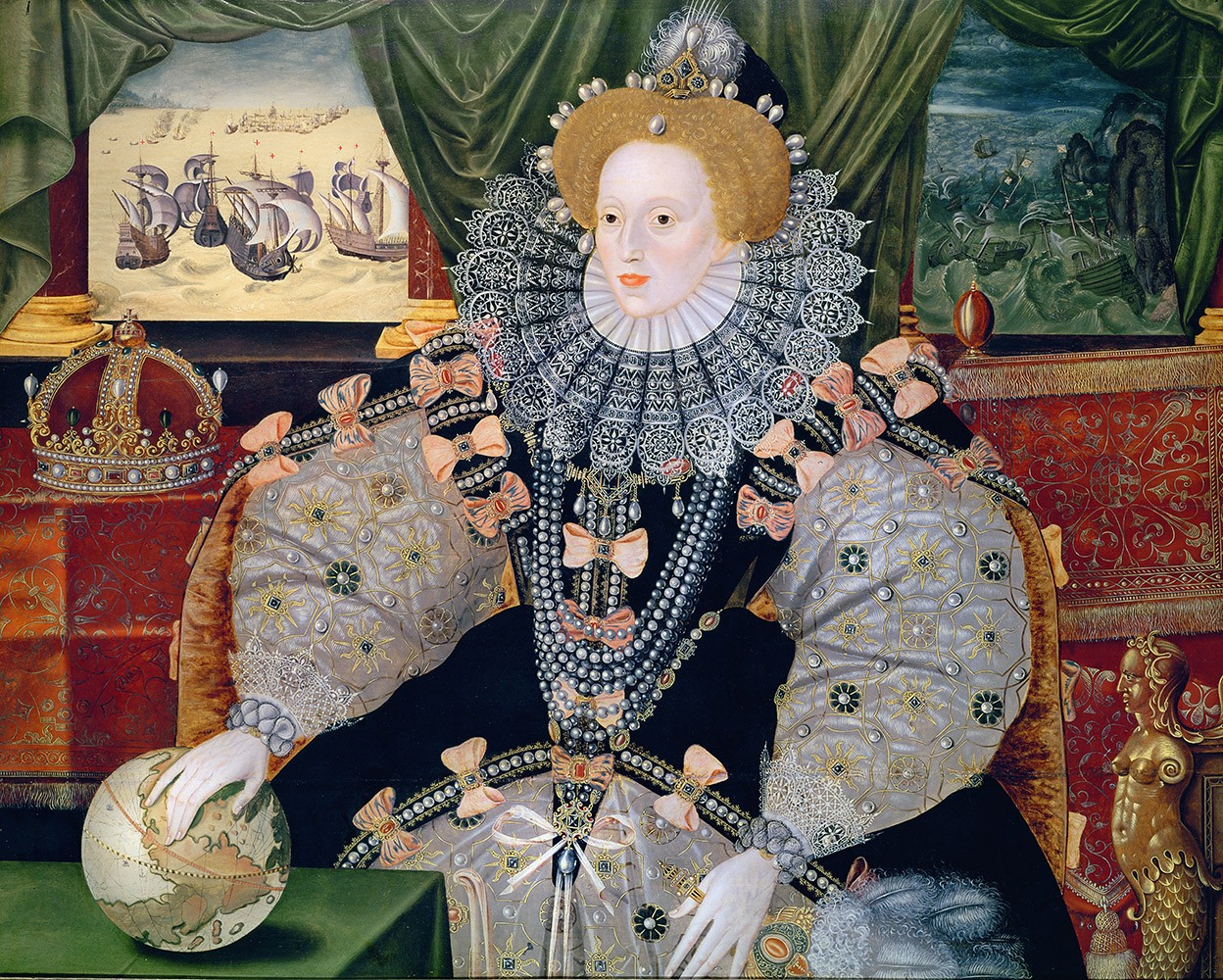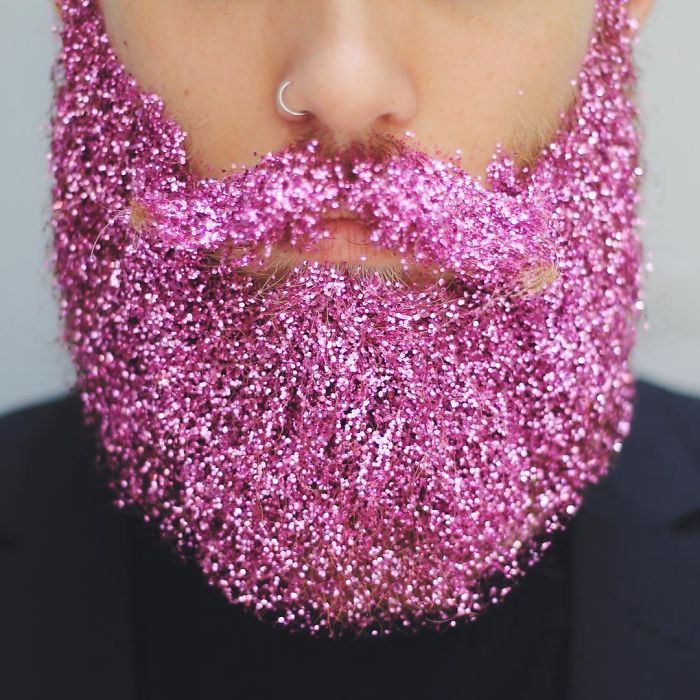
Before you ask: yes, that is exactly what it sounds like. In 16th century England, King Henry VIII placed a tax on beards. In fact, it wasn’t simply a flat tax, whether one had only a little stubble or a massive case of wizard face, but instead it was an emblem of wealth. The fine increased with status: the closer to the king, the higher the tax (which was actually pretty fair for Henry considering, well, it’s Henry VIII.) Of course, for himself, he was exempt from the tax despite his whiskers. It’s assumed that he possibly introduced this weird tax in order to raise funds for the kingdom, or he might have simply imposed it just for funsies. Who knows? It is debated whether or not this claim is true, as there is not much straightforward evidence to support the case. However, despite it’s unnecessary nature, the fine was not one of the craziest things Henry ever did.

The tax apparently did not last very long, but was however later reinstated by none other than his daughter Elizabeth I, the dress code queen herself. Despite loving to adorn herself, Elizabeth was known for implementing a dress code on her country in order to keep the classes from mingling and in order to save money on luxurious cloth. Implementing a levy on beards is not totally surprising coming from her. Her law was that if a beard was older than two weeks old it needed to be paid for. Here is the proclamation from the Virgin Queen herself noting which nobles could wear what, in case curiosity strikes.

The most fascinating point of interest, however, is not that this tax existed, but that an English barber in today’s society wants to put a tax on beards. He literally heard about the Henry’s tax and thought, “You know what? That sounds like a good idea. Let’s bring that back.” (Not a direct quote). The plan that he wants to introduce is one which puts a £50 fine on smaller beards and a £100 fine on bushy beards in order to reduce the deficit. The question is, where is the line drawn? What constitutes a modest beard or a wilder one? What makes the difference between £50? In the same article that explains Anthony Kent’s beard tax plan, beards have apparently “become one of the hottest fashion accessories for men in the past few years,” but beards are not a new trend? I applaud the guy for his creativity but I seriously believe that men will throw a fit before paying extra money to have a beard.
Some examples of today’s beard trends (via a Google image search):



My personal favorite trend is the glitter beards:




Sources:
http://www.atlasobscura.com/articles/a-beard-tax-is-being-proposed-in-england-and-its-not-the-first
http://theweek.com/articles/465707/10-worlds-most-bizarre-taxes
